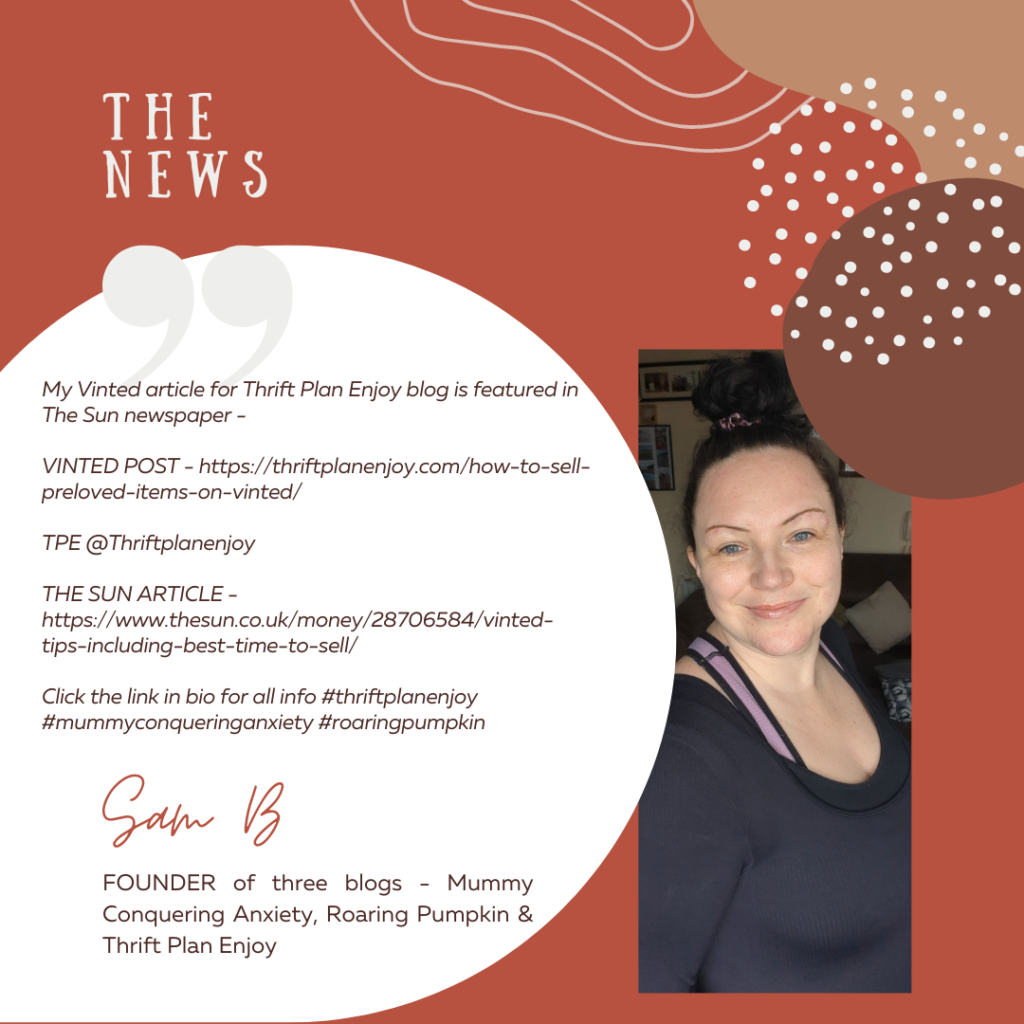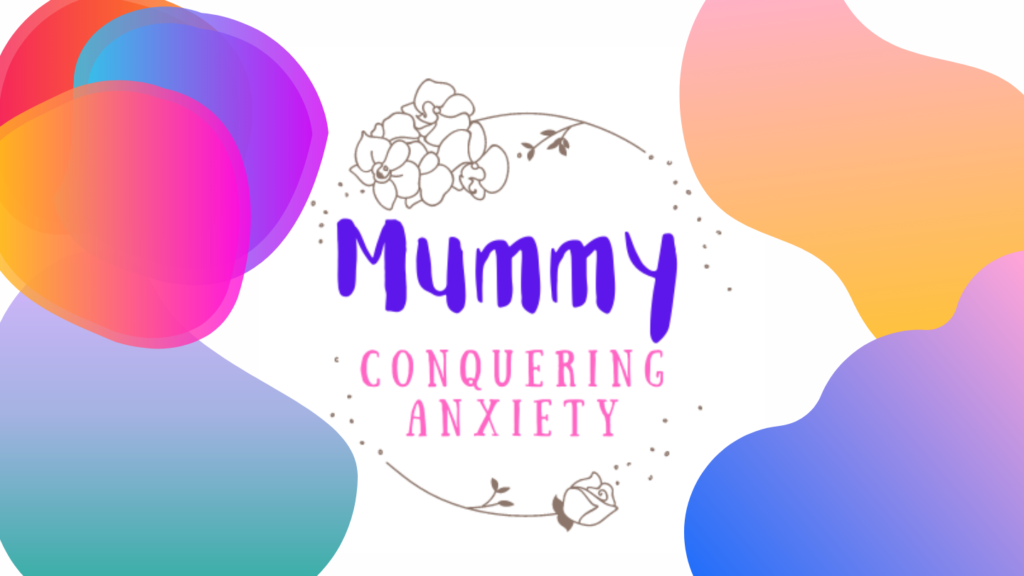Anxiety is a form of stress. However, they are not the same. It is not uncommon for people who experience an extremely stressful situation to believe they have seen and survived anxiety. Dealing with high stress deserves all the respect in the world. But the main difference between anxiety and stress is that stress tends to have a tangible trigger, such as an urgent work project, for example.
Anxiety, on the other hand, has long forgotten its trigger. Someone who has gone through a disturbing experience that was stressful at the time could develop an anxiety disorder as a response, which means they could get anxious reminiscing about their previous experience, facing a new situation that shares common points with their experience, or even imagining what would happen if they were to go through the same thing again. Anxiety is the world where what-if questions live. Unfortunately, what ifs have no trigger. So, the typical advice to avoid triggers may not be useful at all.
How do you manage the what-if scenarios in day-to-day life?
Learn to know your mind
Controlling your mind is an impossible challenge. However, getting to know what makes you feel vulnerable and which mindset can influence your what-ifs could be a game-changer. That is precisely where keeping a journal can make a huge difference to your anxiety. Indeed, a journal allows you to play out some of the possible scenarios safely while reminding yourself of the positive things in your life. Listing the good and happy things in your life can help significantly. It is easy to lose yourself in the distress of a what-if narrative. But the positive aspects of your life can act as sanity lights that take you back to safety.
Besides, a journal can also let you track mood swings and habits, so you can identify times when you are more susceptible to anxiety.

Talk about it
What makes anxiety especially difficult to manage is social and emotional isolation. Anxiety can cut you off from your friend and family circle as you find it hard to express your thoughts and be heard. As such, what ifs drive loneliness? Being alone with your thoughts is never easy, especially when your thoughts get the best of you. Unfortunately, very few friends are mentally and emotionally astute about the stages of anxiety. But talking with someone who understands what you are going through and isn’t going to judge you for it can transform your experience. Expert psychologists at Three Seas have developed dedicated programmes to provide counselling and telehealth to their clients. Finding a therapist you can trust to manage and control what-if scenarios will offer the support you need to:
- Free yourself from the spiralling anxiety trap
- Learn to recognise dangerous thinking habits
- Unlock your courage by voicing out your fears
- Discuss potential techniques and coping mechanisms that could help in the future
- Talk medication if needs be — why suffer alone when there are solutions out there?
What ifs are the enemy of an anxious mind. But, every enemy, ever the most fearsome ones, has weaknesses. What ifs lose their power when you can recognise them for what they are, name them, understand which habits grant them power, and ultimately remind yourself that they don’t control you. Is it easy? No, it never is. But, hopefully, these tips can help you feel less vulnerable to their soul-crushing darkness.





